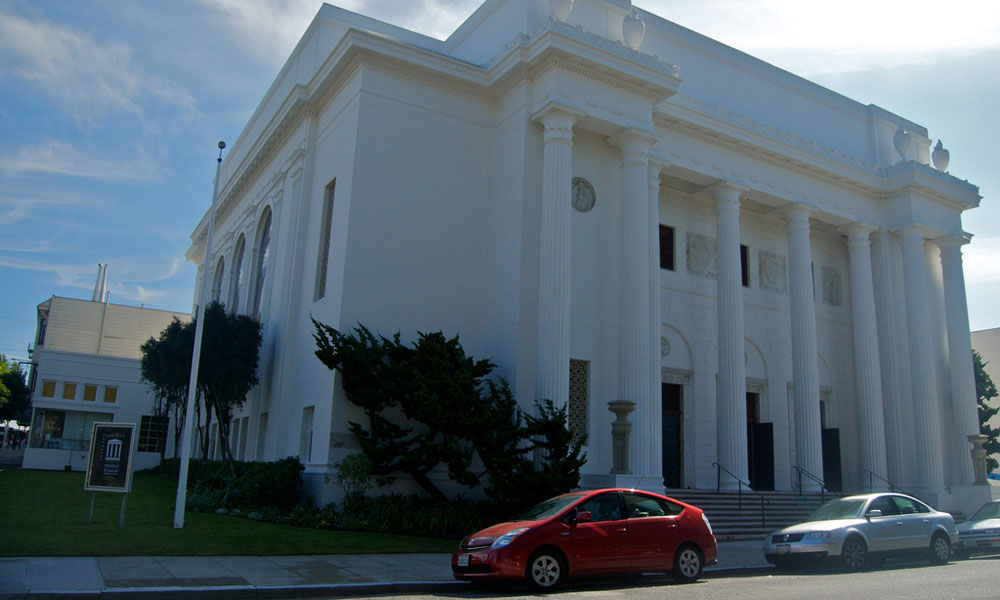
Protect Your Data: The Internet Archive’s Lesson in Fire Preparation
When the unexpected strikes, it pays to be ready. That’s what the Internet Archive is reminding all after a fire damaged its equipment but---to the organization's relief---did little harm to its digitized content.
When the unexpected strikes, it pays to be ready. That’s what the Internet Archive is reminding all after a fire damaged its equipment but—to the organization’s relief—did little harm to its digitized content.
For one nonprofit archive, it was what didn’t get damaged that mattered the most.
Last week, the Internet Archive’s San Francisco office caught fire, damaging as much as $600,000 in supplies and equipment, founder Brewster Kahle posted on the group’s blog. But there was a huge silver lining: Nobody was injured, and none of the nonprofit’s valuable information was lost.
“This episode has reminded us that digitizing and making copies are good strategies for both access and preservation,” Kahle wrote.
More details on the group, and what you can learn from the incident, below:
The group’s services: The Internet Archive, started in 1996, serves as a constantly growing treasure chest of digital books, videos, music, and old websites. Many online users rely on its Wayback Machine, which caches older versions of websites—something that recently came in handy during the federal government shutdown, when many agencies discontinued their online presence entirely. Its Open Library, meanwhile, offers access to more than 2 million e-books. And the TV News Search and Borrow project has about half a million archived broadcasts.
What was lost: The cause of the fire has yet to be confirmed, though a faulty scanner might be to blame, Kahle told SFGate. While the nonprofit’s data was largely safe, its digitizing equipment was not. Cameras, lights, high-end scanners, and other equipment were totaled as the fire blazed through the Archive’s 1300-square-foot side building. Some 20 boxes of books and film were lost, but most had already been digitized. Some servers also lost power, but the group says all digital services were running smoothly about 10 hours later.
What could have happened: The organization’s digital focus proved to be its salvation. “We have copies of the data in the Internet Archive in multiple locations,” Kahle wrote, “so even if our main building had been involved in the fire, we still would not have lost the amazing content we have all worked so hard to collect.” Had the group lost the very technology that holds the data central to its service, things would have been much worse.
What you can learn: The fire underscores the importance of preparing for any unexpected and potentially destructive occurrence. Among the preventive steps your workplace should take: Buy a smoke alarm and test it regularly; eliminate fire hazards by regularly replacing damaged electrical cords and clearing walkways; and hold fire drills so employees are familiar with the evacuation process.
What preventive measures has your organization taken? Tell us your take in the comments.
(photo by blmurch/Flickr)






Comments